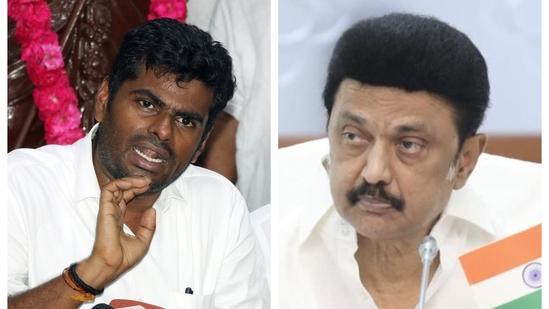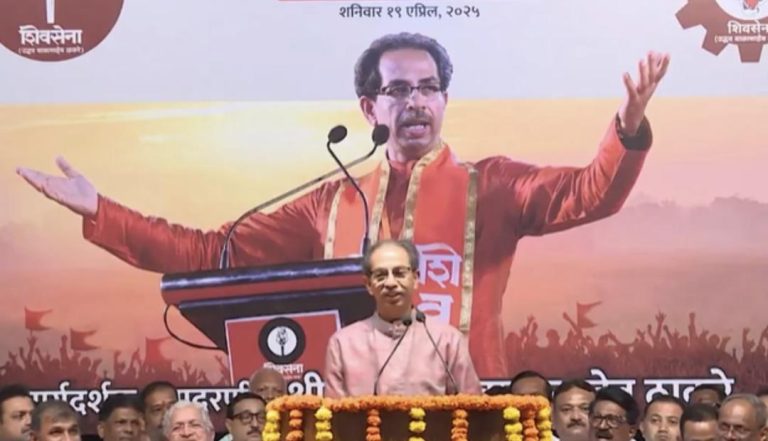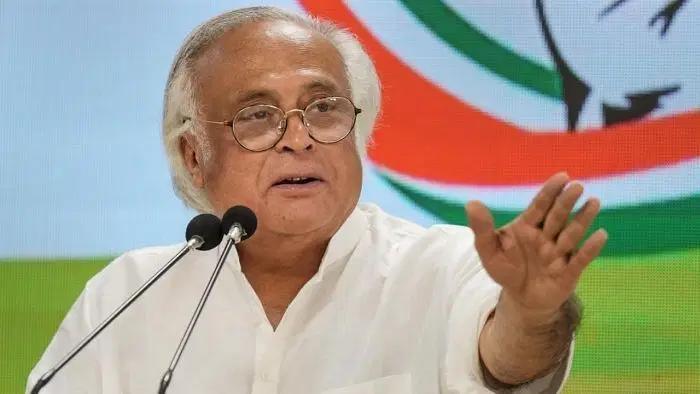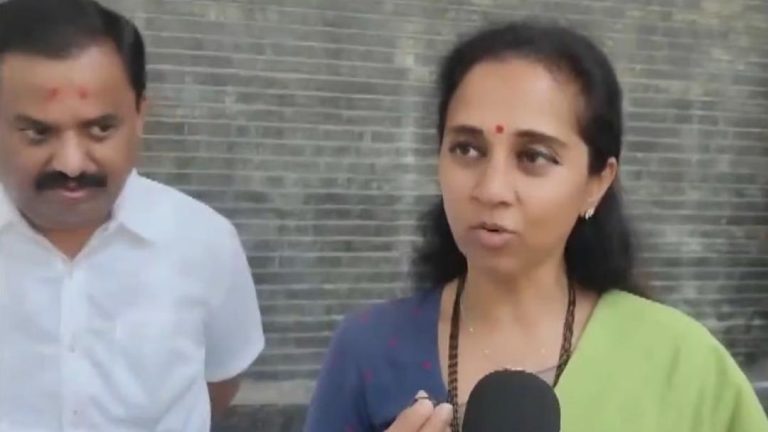
Stalin Distorting 3-Language Policy as Hindi Imposition: Annamalai
The ongoing debate over the three-language policy in Tamil Nadu has taken a new turn with Tamil Nadu BJP President K Annamalai accusing Chief Minister MK Stalin of distorting the policy for the DMK’s hidden agenda. Annamalai claimed that Stalin is portraying the policy as “Hindi imposition” to further the DMK’s goal of promoting only those who have the means to learn multiple languages.
The three-language policy, which was introduced by the Tamil Nadu government in 2020, aims to promote the learning of three languages – Tamil, English, and either Hindi or Sanskrit – in schools across the state. However, the policy has been met with opposition from various quarters, with some arguing that it is an attempt to impose Hindi on Tamil Nadu.
Annamalai’s comments come at a time when the debate over the policy has been intense, with the Tamil Nadu government facing criticism from opposition parties and civil society organizations. The BJP president claimed that Stalin’s portrayal of the policy as “Hindi imposition” is a distortion of the truth and is aimed at furthering the DMK’s hidden agenda.
“Hindi imposition is happening only in private schools run by DMK persons,” Annamalai stated, adding that the policy is not about imposing Hindi on the state, but rather about promoting the learning of multiple languages.
Annamalai’s comments have sparked a heated debate, with many questioning the motives behind Stalin’s actions. The Tamil Nadu government has been accused of trying to promote the learning of Hindi as a means of furthering the interests of its allies in the Centre, including the BJP.
However, Stalin has denied any such motives, stating that the three-language policy is aimed at promoting the learning of multiple languages and promoting cultural exchange between different regions of the country.
The debate over the three-language policy has also taken a communal turn, with some sections of society accusing the Tamil Nadu government of trying to promote Hindi at the expense of the state’s unique cultural identity. Annamalai’s comments have added fuel to the fire, with many calling for the policy to be scrapped.
The controversy has also led to a backlash against the Tamil Nadu government, with many calling for Stalin to resign. The opposition parties in the state, including the AIADMK, have also joined the chorus, accusing the DMK of trying to impose Hindi on the state.
The debate over the three-language policy has also raised questions about the role of language in shaping cultural identity. Some have argued that the policy is an attempt to dilute the unique cultural identity of Tamil Nadu and promote a more homogeneous culture.
However, others have argued that the policy is necessary to promote cultural exchange and understanding between different regions of the country. The debate is set to continue, with many calling for a more nuanced approach to language policy that takes into account the unique cultural identity of each region.
In conclusion, the debate over the three-language policy in Tamil Nadu is a complex issue that raises important questions about language, culture, and identity. While Annamalai’s comments have sparked a heated debate, it is clear that the issue is far from resolved. As the debate continues, it is essential that all stakeholders approach the issue with a nuanced understanding of the complexities involved.
Source:






